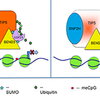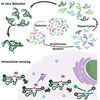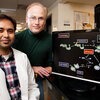Image

The Proceedings of the National Academy of Sciences (PNAS) is a peer reviewed journal of the National Academy of Sciences (NAS) that covered biological, physical, and social sciences.








387 Morrill Hall, MC-119
505 South Goodwin Avenue
Urbana, IL 61801